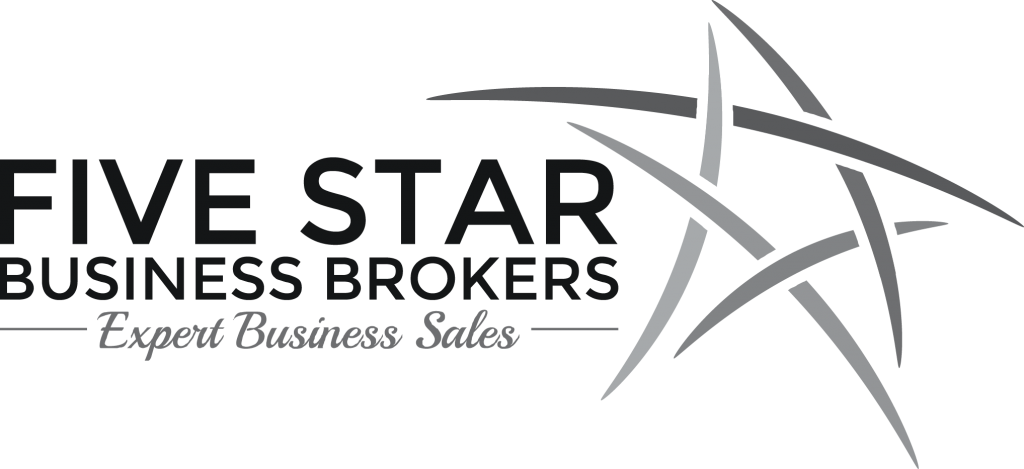How ‘Work in Progress’ Impacts Business Sales
What is ‘Work in Progress’? The term ‘Work in Progress’ (WIP) in the context of most business sales generally refers to ongoing jobs or projects that have been started by a business but have yet to be completed. In manufacturing industries, ‘Work in Progress’ refers to partially finished goods awaiting completion. ‘Work in Progress’ is … Read more
